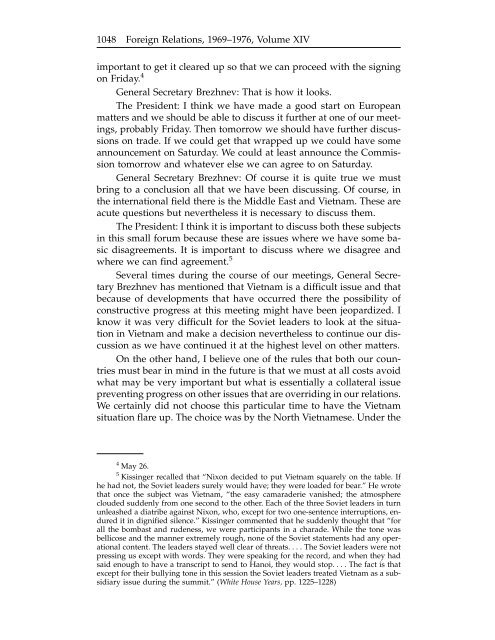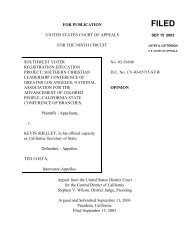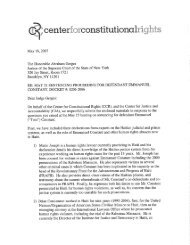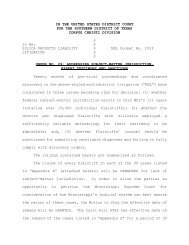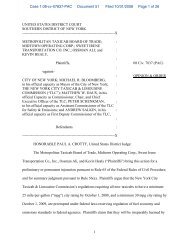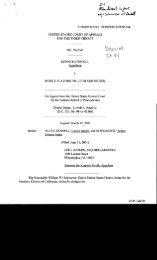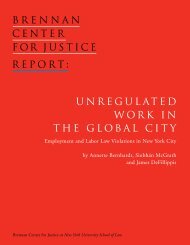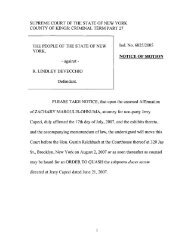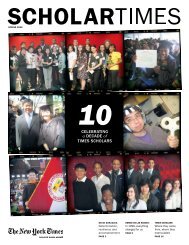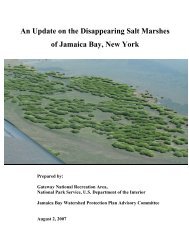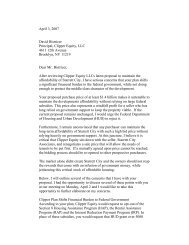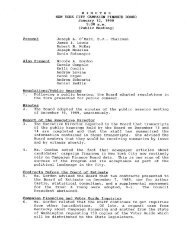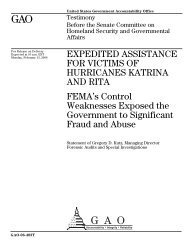271. Memorandum of Conversation1 Moscow, May 24, 1972, 7:50 ...
271. Memorandum of Conversation1 Moscow, May 24, 1972, 7:50 ...
271. Memorandum of Conversation1 Moscow, May 24, 1972, 7:50 ...
You also want an ePaper? Increase the reach of your titles
YUMPU automatically turns print PDFs into web optimized ePapers that Google loves.
1048 Foreign Relations, 1969–1976, Volume XIV<br />
important to get it cleared up so that we can proceed with the signing<br />
on Friday. 4<br />
General Secretary Brezhnev: That is how it looks.<br />
The President: I think we have made a good start on European<br />
matters and we should be able to discuss it further at one <strong>of</strong> our meetings,<br />
probably Friday. Then tomorrow we should have further discussions<br />
on trade. If we could get that wrapped up we could have some<br />
announcement on Saturday. We could at least announce the Commission<br />
tomorrow and whatever else we can agree to on Saturday.<br />
General Secretary Brezhnev: Of course it is quite true we must<br />
bring to a conclusion all that we have been discussing. Of course, in<br />
the international field there is the Middle East and Vietnam. These are<br />
acute questions but nevertheless it is necessary to discuss them.<br />
The President: I think it is important to discuss both these subjects<br />
in this small forum because these are issues where we have some basic<br />
disagreements. It is important to discuss where we disagree and<br />
where we can find agreement. 5<br />
Several times during the course <strong>of</strong> our meetings, General Secretary<br />
Brezhnev has mentioned that Vietnam is a difficult issue and that<br />
because <strong>of</strong> developments that have occurred there the possibility <strong>of</strong><br />
constructive progress at this meeting might have been jeopardized. I<br />
know it was very difficult for the Soviet leaders to look at the situation<br />
in Vietnam and make a decision nevertheless to continue our discussion<br />
as we have continued it at the highest level on other matters.<br />
On the other hand, I believe one <strong>of</strong> the rules that both our countries<br />
must bear in mind in the future is that we must at all costs avoid<br />
what may be very important but what is essentially a collateral issue<br />
preventing progress on other issues that are overriding in our relations.<br />
We certainly did not choose this particular time to have the Vietnam<br />
situation flare up. The choice was by the North Vietnamese. Under the<br />
4 <strong>May</strong> 26.<br />
5 Kissinger recalled that “Nixon decided to put Vietnam squarely on the table. If<br />
he had not, the Soviet leaders surely would have; they were loaded for bear.” He wrote<br />
that once the subject was Vietnam, “the easy camaraderie vanished; the atmosphere<br />
clouded suddenly from one second to the other. Each <strong>of</strong> the three Soviet leaders in turn<br />
unleashed a diatribe against Nixon, who, except for two one-sentence interruptions, endured<br />
it in dignified silence.” Kissinger commented that he suddenly thought that “for<br />
all the bombast and rudeness, we were participants in a charade. While the tone was<br />
bellicose and the manner extremely rough, none <strong>of</strong> the Soviet statements had any operational<br />
content. The leaders stayed well clear <strong>of</strong> threats. . . . The Soviet leaders were not<br />
pressing us except with words. They were speaking for the record, and when they had<br />
said enough to have a transcript to send to Hanoi, they would stop. . . . The fact is that<br />
except for their bullying tone in this session the Soviet leaders treated Vietnam as a subsidiary<br />
issue during the summit.” (White House Years, pp. 1225–1228)


